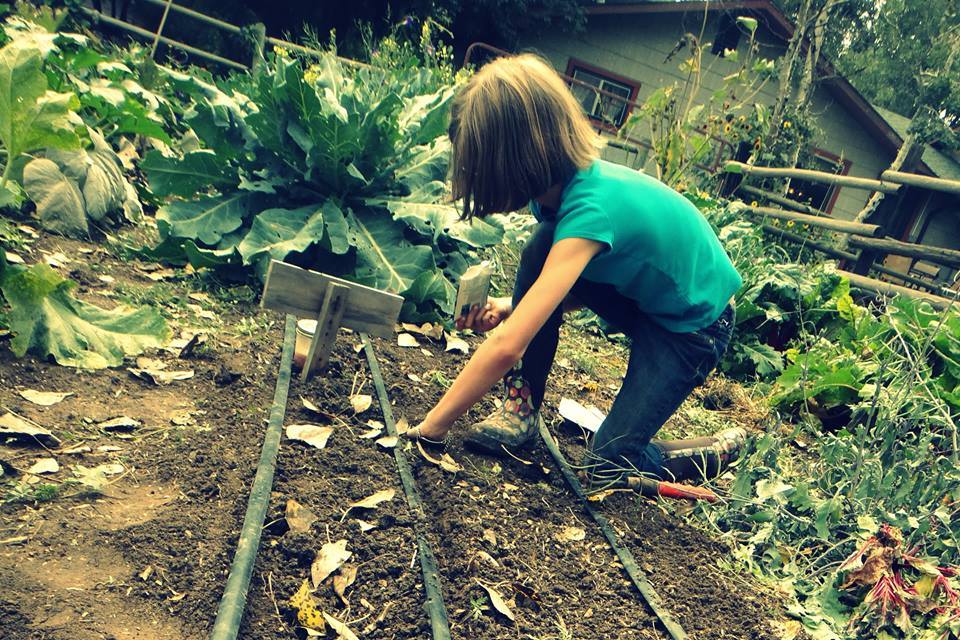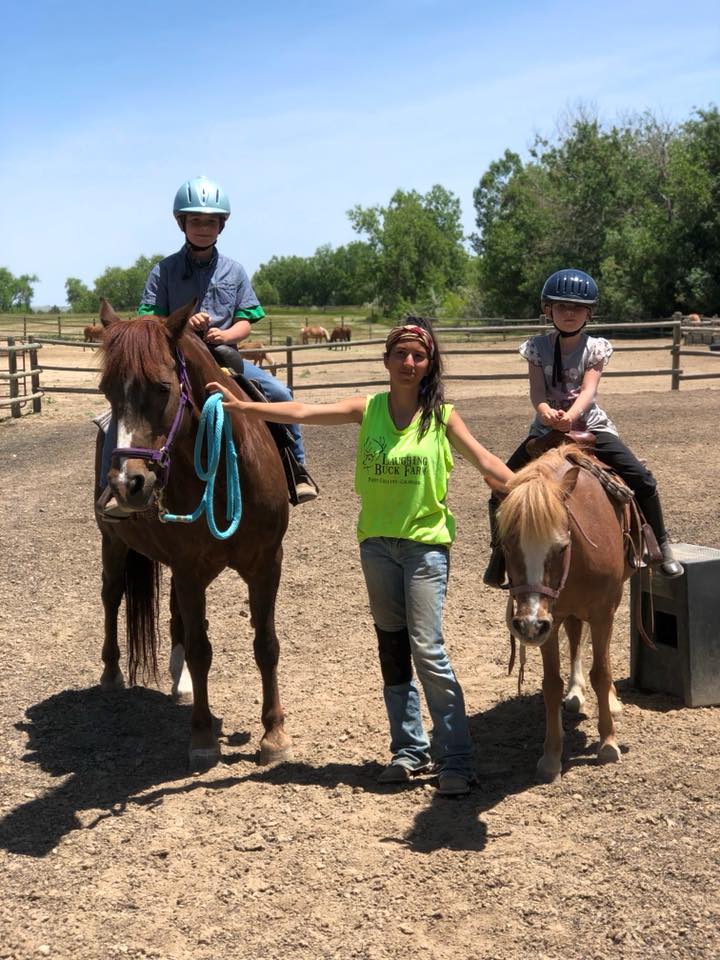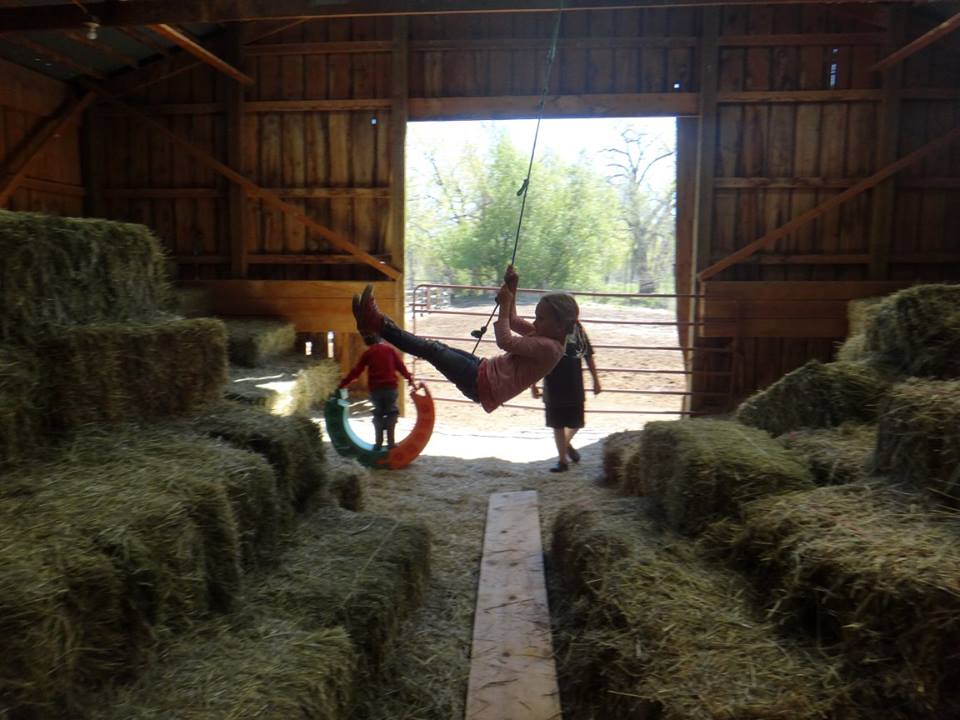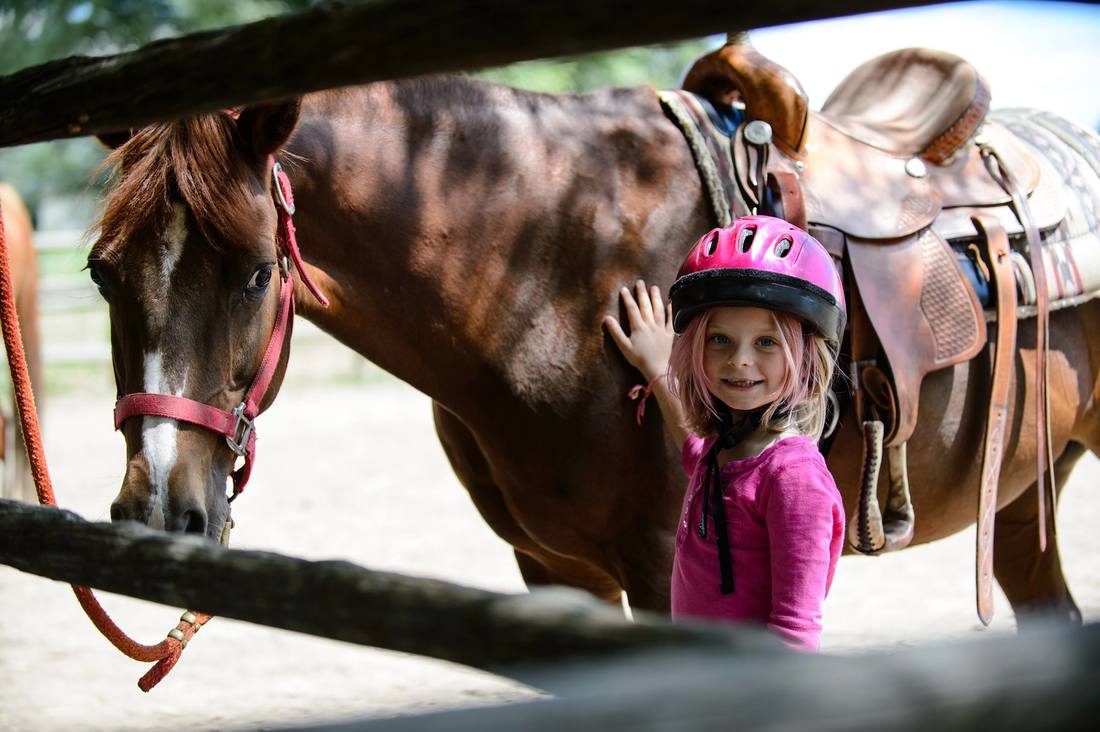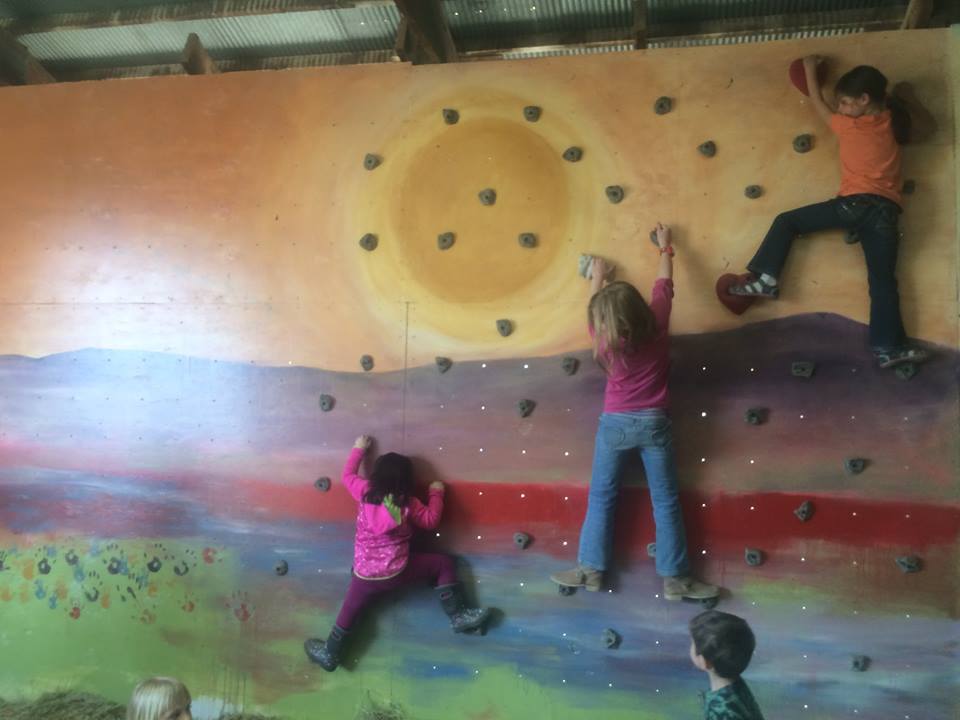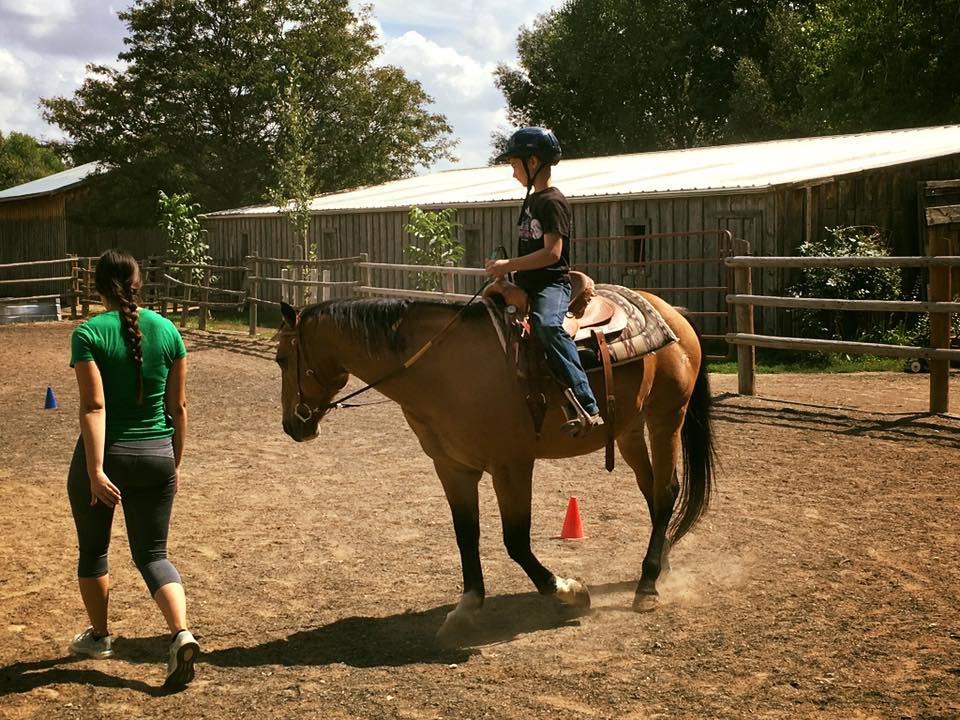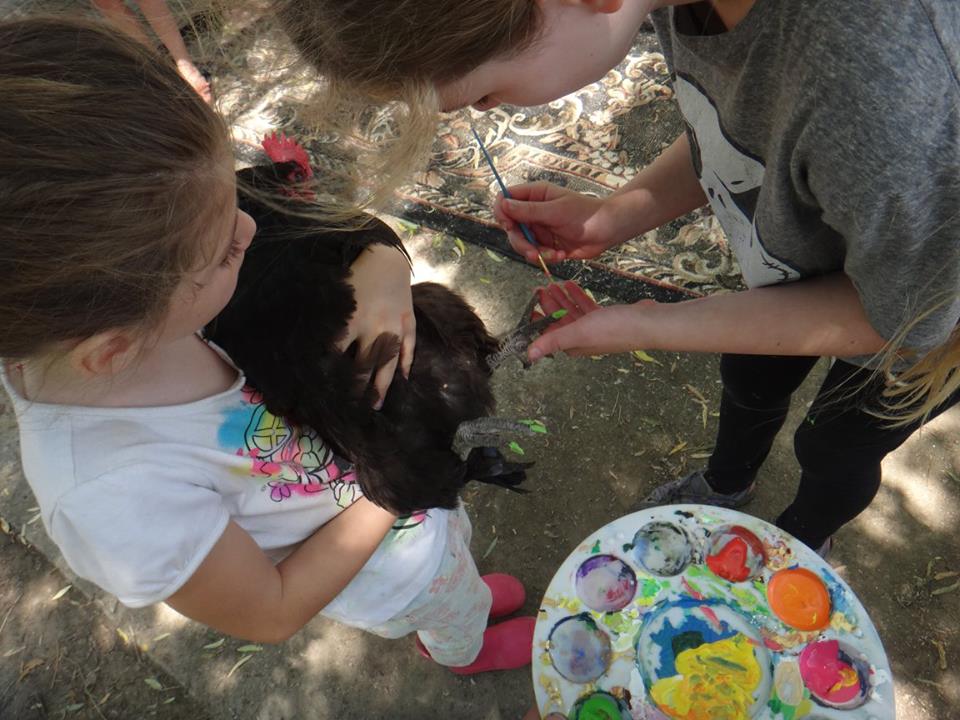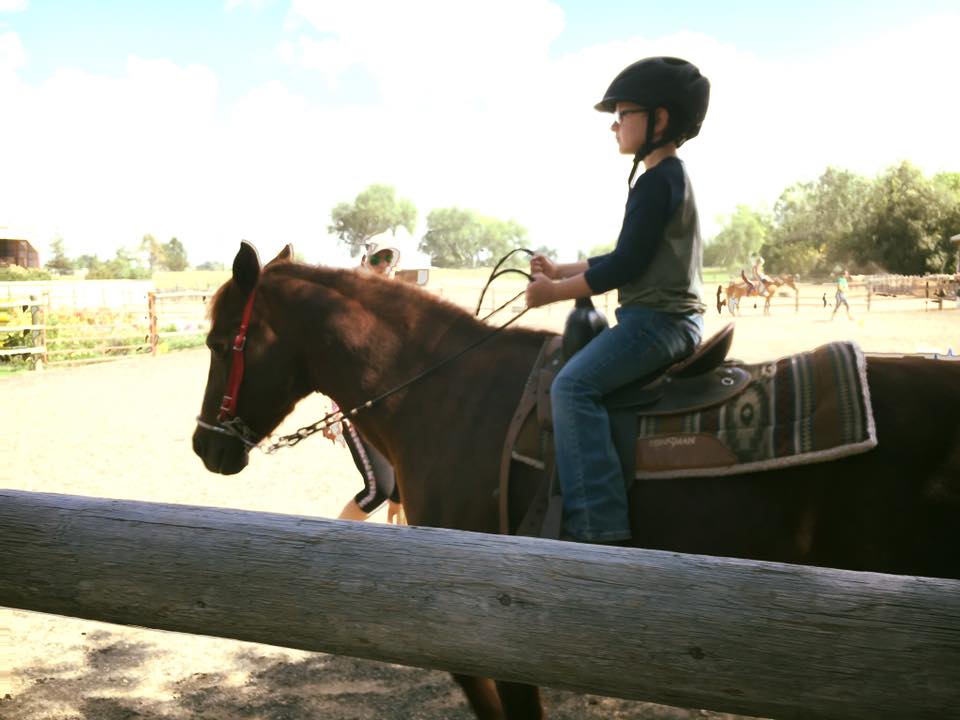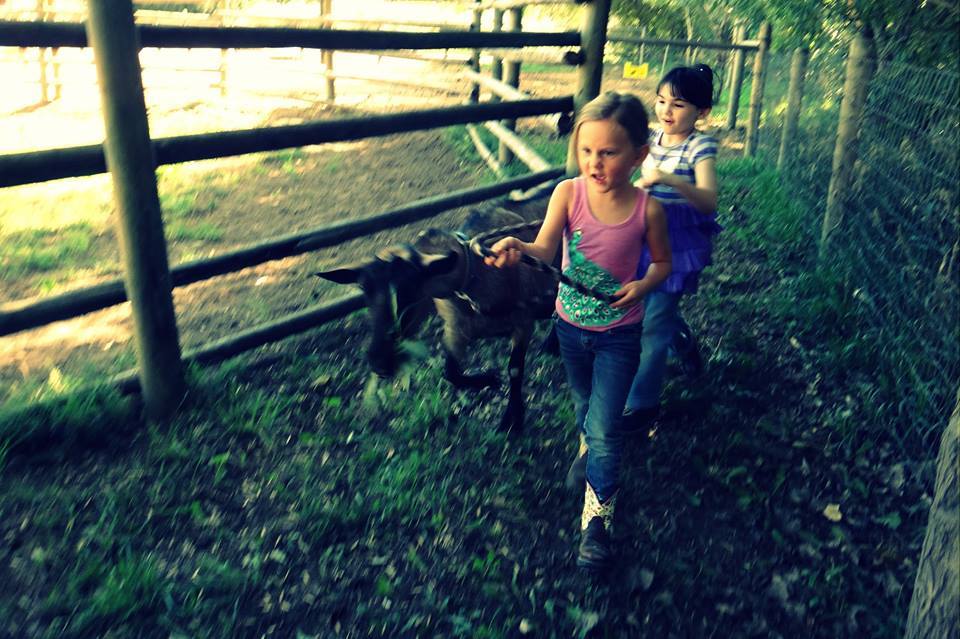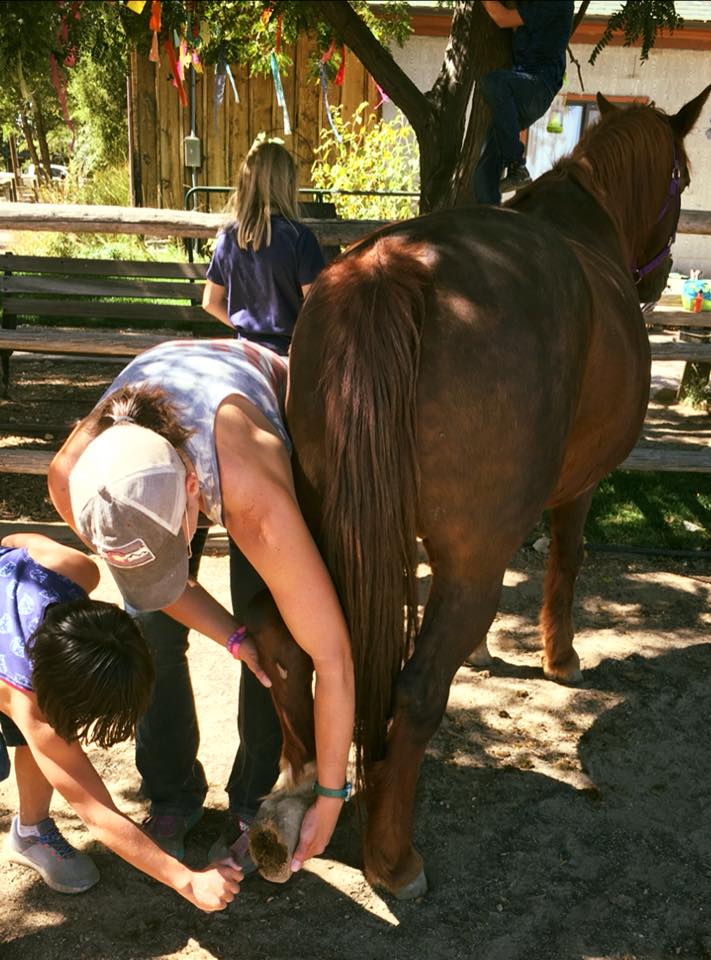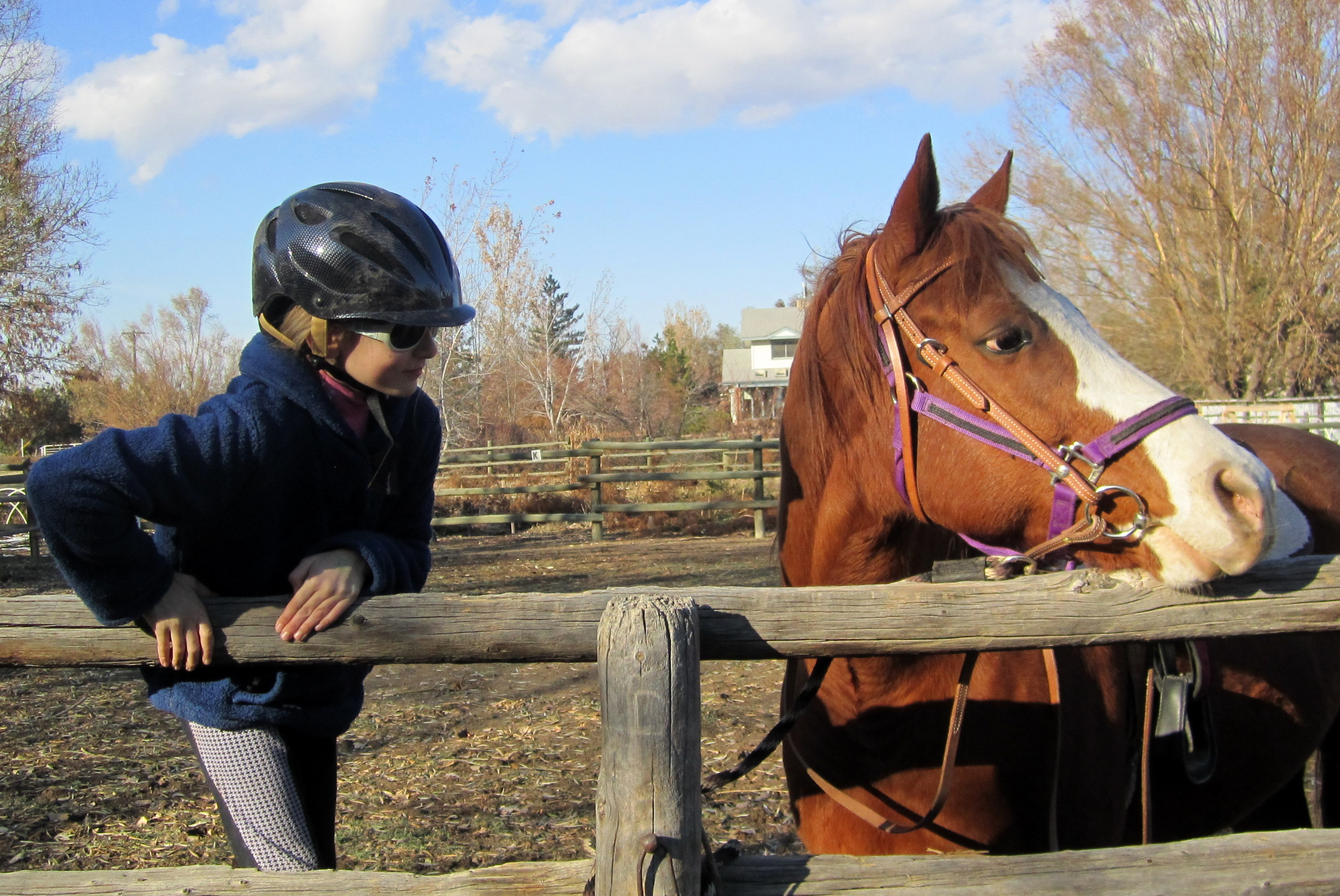Here Are A Few Questions We Get A Lot:
Where can I find the liability form?
When do summer camps open? Sign up for our newsletter and you'll be the first to know.
Summer Camp FAQ
Q: How can I be prepared for summer camp?
- Complete online liability waiver.
- Look for an email from the teacher the day before class with class details.
- Apply sunscreen or bug spray before class. Send extra with your child.
- If your camp is 3 or more hours, we ask that you send your child with a water bottle and a lunch.
- If your child needs extra support or has allergies, please email before class so we can be prepared to support your child. Also let the teacher know when you sign in.
Farm Camps / Classes FAQ
Q: What does a typical farm class look like?
Our Rhythm
9:30 - 9:45 CAREGIVER SIGN IN
Let me know if there is anything going on with your kiddo - joys, concerns, etc.
9:45 - 10 CONNECTION
Check in and say our good mornings.
10 - 10:45 MEANINGFUL WORK
Caring for the chickens, pigs, rabbits, and goats. This is an important part of learning to do what needs to be done, together. Some kids get "bored" with chores (having been coming to the farm for many years) and would rather play during this time but we remind them that the animals need our care (practicing empathy) and it's not fair for some to work while others play (fairness and teamwork). And if we finish chores early, there is more time to play in the haybarn!
10:45 - 11 PLAY
Haybarn time!
11 - 11:30 LUNCH AND STORY
Wash hands and gather in the orchard for story and lunch. Some kids in the Wednesday prefer to gather with friends to talk while they eat and that's fine.
11:30 - 12:30 ACTIVITY / LEARNING TIME / ANIMAL TIME
For our mixed age kiddos, we usually break into teams: activity team and animal team. Activity team could be working in the garden or on a creative project. We also offer an animal which could be learning about goats, pigs, horses, riding or ground driving the horses, etc. We do not force the activity time. Children can choose to socialize or focus on imaginative play during this activity time if they prefer. Some days, when the children are fully engrossed in imaginative play, we scrap our plans and go with the flow.
*for longer camps and classes we add more in-depth learning but still follow the schedule of chores, lunch, and learning.
Q: How can I be prepared for class?
Q: Do you ever cancel classes due to inclement weather?
Our Rhythm
9:30 - 9:45 CAREGIVER SIGN IN
Let me know if there is anything going on with your kiddo - joys, concerns, etc.
9:45 - 10 CONNECTION
Check in and say our good mornings.
10 - 10:45 MEANINGFUL WORK
Caring for the chickens, pigs, rabbits, and goats. This is an important part of learning to do what needs to be done, together. Some kids get "bored" with chores (having been coming to the farm for many years) and would rather play during this time but we remind them that the animals need our care (practicing empathy) and it's not fair for some to work while others play (fairness and teamwork). And if we finish chores early, there is more time to play in the haybarn!
10:45 - 11 PLAY
Haybarn time!
11 - 11:30 LUNCH AND STORY
Wash hands and gather in the orchard for story and lunch. Some kids in the Wednesday prefer to gather with friends to talk while they eat and that's fine.
11:30 - 12:30 ACTIVITY / LEARNING TIME / ANIMAL TIME
For our mixed age kiddos, we usually break into teams: activity team and animal team. Activity team could be working in the garden or on a creative project. We also offer an animal which could be learning about goats, pigs, horses, riding or ground driving the horses, etc. We do not force the activity time. Children can choose to socialize or focus on imaginative play during this activity time if they prefer. Some days, when the children are fully engrossed in imaginative play, we scrap our plans and go with the flow.
*for longer camps and classes we add more in-depth learning but still follow the schedule of chores, lunch, and learning.
Q: How can I be prepared for class?
- Complete online liability waiver.
- Look for an email from the teacher the day before class with class details.
- For a three hour class, we ask that you send your child with a water bottle and a lunch.
- Farm School at Laughing Buck Farm goes year round and we embrace the elements. We are committed to kids being outside to experience all four seasons so we work, play and enjoy the seasons and the weather together. To accommodate for the cold or snowy days, children must be dressed properly. This includes winter gloves (waterproof), now pants, extra layers, hat and winter boots. Warm tea is also a great hand warmer!
- The key is to dress for the weather. Have a good set of waterproof clothing. Buy an extra pair of gloves that can live in the backpack. A note that fleece and fuzzy clothes collect hay and can get itchy (and hard to clean) so I usually look for smooth clothes. Did you even know that was a thing? Smooth footwear for sure. For boots, I love BOGS as they are warm, waterproof, smooth and easy to hose off to clean. Speaking of clean… some ideas I’ve seen over the years is to have a farm school tote in the car so muddy boots and clothes can live there. Many families just get an inexpensive extra pair of snow pants and have them as the farm uniform so they can get dirty and worn with no problem. I also saw a parent open a big plastic bag, have their kid step into it, take off snow pants covered in hay, have kids step out of the bag and then put the bag in the car.
- Especially in Winter, check your email the night before class for weather updates. Check the weather on the farm, as well. I use WeatherUnderground with my zip code 80524. We love all weather and aim to carry on unless we have sub-zero temps. Also bring awareness to the way you discuss the weather. We only use kind words about the weather. No farmer ever said it was too cold to care for their animals. We dress for it and venture out with excitement. We are curious about what the weather is like, what we need to wear, and how the animals will be faring. Will they need extra care? Will we have new, interesting activities in the wind or rain? Where will we find shelter, as the animals do? There is so much to learn by engaging with the weather.
Q: Do you ever cancel classes due to inclement weather?
- Yes, we do sometimes cancel class. When we do, you will receive a refund or credit for another class. Some examples are: when roads are unsafe for driving or if the temperatures are below freezing for the duration of farm class.
Riding Lesson FAQ
Q: What attire is appropriate for riding?
Q: Do lessons continue in Winter?
Q: What discipline of riding do you teach?
Q: How can students be best prepared for the summer heat?
- Whether riding or not, the required attire to wear around the horses includes a sturdy boot (for both toe protection and stirrup safety), long comfortable pants to protect the legs, and an approved riding helmet. Helmets are provided on the farm and we have a selection of varied boot sizes. Though, it is highly recommended you are prepared with your own fitted boots to bring to your weekly lesson.
Q: Do lessons continue in Winter?
- Lessons are year round and the horses love to stay active! To accommodate for the cold or snowy days, riders must be dressed properly to comfortably and safely lesson. This includes gloves, extra layers, hat and boots. Warm tea is also a great hand warmer! When the ground is icy or unsafe for riding, we will still hold lessons just not on horseback. There is so much to be taught on the ground that is incredibly beneficial to our riding lessons, and snow days are a great opportunity for this.
Q: What discipline of riding do you teach?
- Both English and Western are taught. All lesson horses have been properly fitted and assigned to a variety of saddles that include dressage, hunt seat & western. However, regardless of saddle, the foundation of your riding lessons will be based off of communication through natural horsemanship and proper seat through biomechanics of horse and rider.
Q: How can students be best prepared for the summer heat?
- To stay ahead of the summer heat - extra water, breathable clothing and sunscreen are highly recommended. Please speak with your instructor for specific brands that help riders stay cool. Extra clothes are also a great excuse to dive under a cool running hose after a ride. Oh, and don't forget a crisp carrot for your equine pal!
- Weekly lessons are enjoyed by 4 years and older. We do have awesome ponies available for younger riders that are interested in being led around or wanting to pet/paint/groom a pony for an occasional lesson or special event. A parent or guardian must stay by the child's side for safety.
- Lessons occur year round on a weekly or bi-weekly basis. We ask for lessons to be paid for in packages of 4 so that your weekly time slot is saved just for you.
- Please provide at least a 24 hour notice for cancelling a lesson. Without a 24 hour notice, the missed lesson will be charged for in full. Students can always make up missed lessons during the week/weekend - your instructor will notify you on availability.

